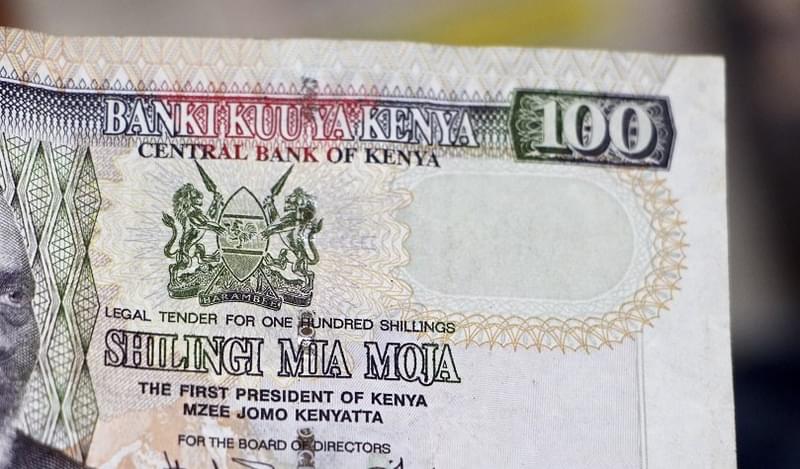In just two weeks, the CBK has withdrawn KES55bn in matured reverse repurchase agreements (reverse repos), a departure from last year’s strategy, where it was rolling over matured instruments to keep money in the market.
The CBK uses reverse repos as a monetary policy tool to provide liquidity to any lender that might be struggling with liquidity in the interbank market. However, the latest move may hit smaller and less well capitalised banks that have relied on the regulator’s life support facility to allow them to operate amidst the market slowdown, which has also seen deposits pared back.
The regulator’s liquidity “clean-up” is driven by the need to prop the shilling, which hit records lows in the past week. The CBK seems to be struggling to keep the currency from slipping any further. The Governor of the Central Bank, Patrick Njoroge, recently held a meeting with the senior executives of all the country’s primary lenders to warn them they should not spread “malicious” rumours about the state of the banking system.
The Central Bank has blamed speculators for the currency’s decline, which accelerated sharply in December 2016. Eric Masau, Senior Research Analyst at Standard Investment Bank, doesn’t seem fazed by the currency woes.
“The drop in the currency has more to do with the dollar strengthening. But I don’t think it is a bad thing, I believe that shilling its reaching its real level,” Masau said.
Kenya’s foreign currency reserves have taken a hit in recent months, and declined to US$7.1bn in January from US$7.8bn in October 2016, after the CBK intervened to support the shilling in the fourth quarter.
Musua said the overall impact of the intervention by the regulator will be minimal: “They just want to monitor the volatility, and I don’t think they are too worried about the currency.”
The Banks and the Central Bank
The lack of liquidity is not the only challenge Kenya’s smaller banks have had to endure recently.
The regulator has tightened monetary policy, one of the factors that has helped prompt a spike in bank mergers and acquisitions.
With more than one bank for every million citizens, Kenya is widely considered to be over-banked. Masua explained that the government and the markets are looking for consolidation in the sector, which in practice has led to regional or international banks taking over weaker entities to further their strategic plans?
A total of KES23.3bn (approx US$225mn) has been spent on bank takeovers over the past three years. During that period, Mauritian Bank SBM Holdings acquired Fidelity Commercial Bank; Tanzania’s Bank M acquired 51 % of Oriental Commercial Bank; GT Bank acquired Fina-Bank, Mwalimu SACCO acquired Equatorial Bankl and I&M Holdings acquired Giro Bank.
Centum Investments also acquired 66 % stake in Sidian Bank, formerly K – Rep Bank, while Chicago-based private equity fund Equator Capital Partners LLC, through its ShoreCap II fund, bought a 15% stake in Jamii Bora Bank.
Following the enactment of the Banking Act (Amendment) 2015, banks have lowered the rates charged on loans to 14%, which is 4% above the Central Bank Rate (CBR), while interest paying deposits are at a minimum of 70% of the CBR, imposing further pressure on lenders. In 2017 banks expect a compression in net margins in following reduced yields on assets and increased cost of funding.









